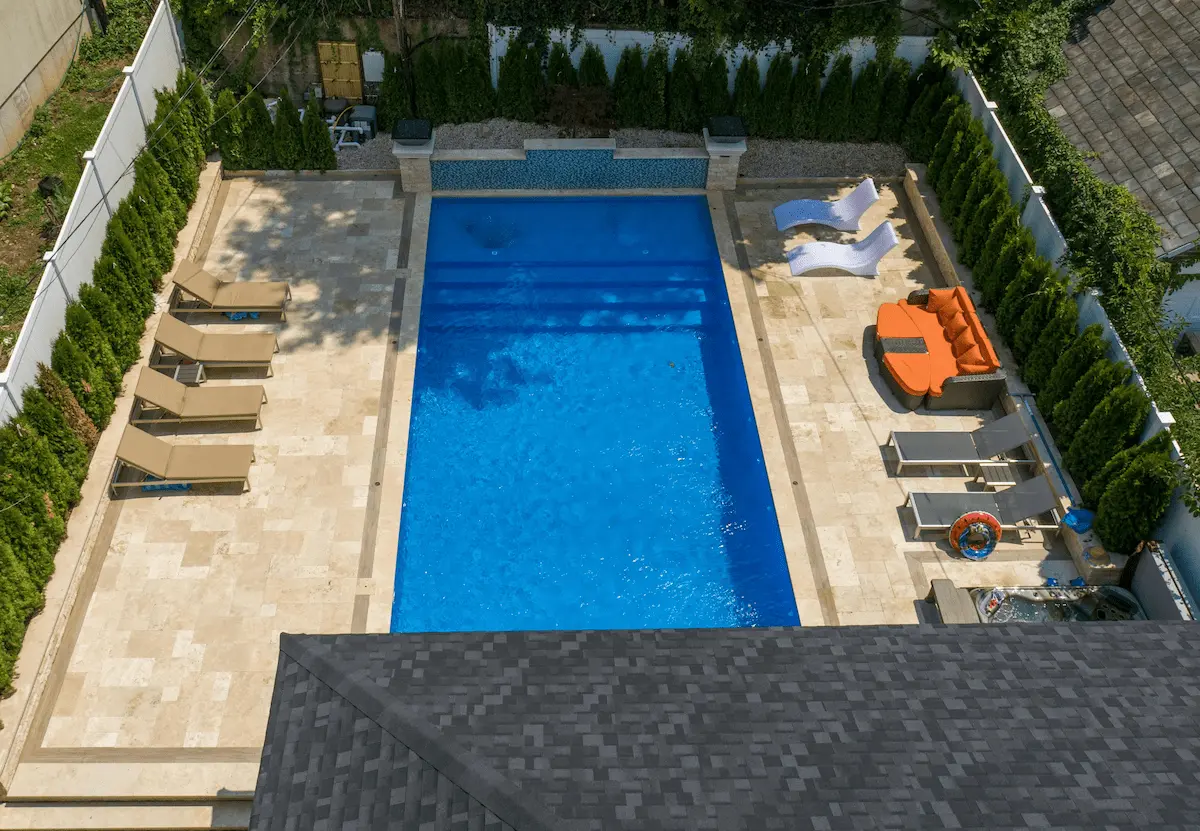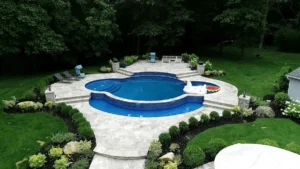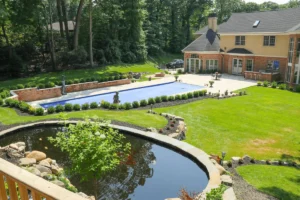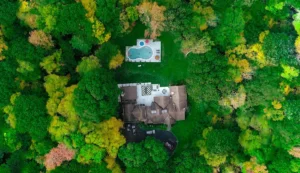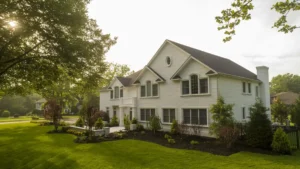While there are many factors to consider when buying a pool, first and foremost should be its appropriateness for the environment where it will be installed. Here’s a countdown of the best types of pools to build in the East Coast.
1. Gunite Swimming Pool – Cement or gunite pools are the most time-consuming and most expensive to install and they require a great deal of attention — and especially careful winterizing — in order stay in good working order. Cracking is not uncommon and can require acid washing and replastering.
2. Steel wall swimming pools – Steel wall pools are like polymer wall pools. They have a steel structure that supports a vinyl liner. The steel frame is strong and resistant to the environment. And while the liner will eventually have to be replaced, it will never crack or need repainting or replastering.
3. Polymer wall swimming pools – Polymer wall pools are, along with steel wall swimming pools, referred to as “package pools” because you pick the features that are used to create your own unique design. The all-resin structural polymer is designed for strength and durability, but it also has a degree of “give” which allows it to flex in response to environmental changes. And the vinyl liner in the pool is highly flexible and will not crack.
4. Fiber grass swimming pool – Fiberglass swimming pools are the best choice for cold climates. They are designed as one-piece inserts that can be installed in your backyard quickly and efficiently, which is helpful when the summer building season is short. And the flexural strength of fiberglass makes it very resistant to cracking even with repeated freezing/thawing cycles. Consequently, fiberglass pools are perfect for homes in Canada. In fact, fiberglass is a natural insulator, so pools constructed from it require less energy to heat.
Ask Italia Outdoor Living experts about building a gunite pool.

